- International Travel During the COVID-19 Pandemic
- Domestic Travel During the Coronavirus Pandemic
- Flights During the COVID-19 Pandemic
- Enjoy Your Vacation & Stay Safe
With traveling becoming less restricted and the holiday period coming up, it's essential to know how to keep you and your family safe during your vacation and what rules are in place when traveling. The last thing you want is for your vacation to be ruined because you were unaware of the various rules that airlines, states, and local businesses have in place during the COVID-19 pandemic.
International Travel During the COVID-19 Pandemic
The CDC has several recommendations and restrictions when it comes to international travel for U.S. citizens and residents. They offer five levels of categories:
- Level Unknown: COVID-19 Unknown
- Recommended that you avoid travel to these destinations, but if you must, be fully vaccinated.
- Level 1: COVID-19 Low
- It is recommended that you are fully vaccinated before traveling to these destinations.
- Level 2: COVID-19 Moderate
- Recommended that you are fully vaccinated before traveling to these destinations and only travel if necessary.
- Level 3: COVID-19 High
- Avoid traveling to these destinations if you are unvaccinated.
- Level 4: COVID-19 Very High
- It is recommended that you avoid going to any of these destinations.
These categories are based on how prevalent COVID-19 is found in each of these destinations based on data from the World Health Organization (WHO).
Before buying a ticket overseas, check out the CDC's interactive world map and see the organization's recommendation for travel to your destination.
Returning to the U.S.
When you're coming home to the U.S., you'll need to show proof of a negative COVID-19 test before you'll be allowed home. This applies to anyone in your family over two years old.
As of December 6, 2021, the following rules apply:
- Fully vaccinated people: Get a negative test within 24 hours before flying back to the U.S. You'll also need to prove that you're fully vaccinated.
- Non-vaccinated people: Get a negative COVID test no more than 24 hours before your departure time.
If you test positive for COVID-19 on your test, you'll need to delay your trip back to the U.S. until you get a negative result. Your airline will not allow you on the plane if your test is positive.
Self-Test When You're Overseas
COVID-19 home tests are available to make it easier for you to test when overseas. You can test for COVID-19 in the comfort of your temporary home, but you'll need to make an appointment with a telehealth doctor who can confirm your identity and supervise the process. Without the supervision of a telehealth provider, your negative test result will not be accepted.
You may also gain entry back into the U.S. using documentation of your recovery from coronavirus (if you had COVID-19 on your travels). You'll need the following documents:
- Your positive COVID-19 test result (taken no more than 90 days before your flight home)
- A letter stating you're cleared to travel from a licensed healthcare provider or public health official
Note that once you return to the U.S., you are required to provide an address where you can be contacted for COVID-19 contact tracing purposes.
Domestic Travel During the Coronavirus Pandemic
If you're planning on visiting family and friends this holiday season or just wanted a getaway in another state, the CDC recommends that you get fully vaccinated from COVID-19 before traveling.
Not only will being fully vaccinated help protect you from getting sick, but you come across restaurants and other public areas that require proof of vaccination before you're allowed entry. For example, if you plan on visiting New York City, you'll need proof of vaccination for any indoor activities, including dining, museums, and events.
Look up COVID-19 restrictions for each city and state you plan to visit so you're well prepared. The last thing you want is to waste your money on a trip where you're unable to eat at a restaurant or take your kids to a show.
Federal Mask Mandates
It's currently required for all people aged two and over to wear a mask on public transport and at transportation hubs.
State-Wide COVID-19 Restrictions
In addition to the federal regulations, there are state-specific requirements also.
Note: Individual cities may have different requirements. This list does not include restrictions for employees. Information as of December 20, 2021.
| State | COVID-19 Restrictions |
| Alabama | None |
| Alaska* | None |
| Arizona | Masks required in government buildings. |
| Arkansas | None |
| California* |
Masks required for everyone (regardless of vaccination status) in all indoor businesses from December 15 - January 15. |
| Colorado* | Masks required in residential care facilities |
| Connecticut* | Masks required for unvaccinated people in indoor public locations. Masks required in:
|
| Delaware | Masks required:
|
| District of Columbia | Masks required in all indoor public locations and public transport. |
| Florida* | None |
| Georgia* | None |
| Hawaii |
Masks required for people aged 5 and over in most indoor public locations. Unvaccinated visitors must either:
Gatherings are restricted (with the exception of Hawaii County):
|
| Idaho* | None |
| Illinois | Masks required in indoor public locations. |
| Indiana | Masks required in indoor public locations. |
| Iowa | None |
| Kansas |
Quarantine required for unvaccinated people who:
|
| Kentucky | None |
| Louisiana* |
Proof of vaccination or negative PCR test required for:
|
| Maine | None |
| Maryland* | Masks required:
|
| Massachusetts* | Masks required for people aged 5 and over:
|
| Michigan | None |
| Minnesota | None |
| Mississippi | None |
| Missouri | None |
| Montana | None |
| Nebraska* | None |
| Nevada |
Masks required in indoor public locations for counties with high COVID-19 numbers. Masks not required at large indoor events as long as all attendees are vaccinated. |
| New Hampshire | None |
| New Jersey | None |
| New Mexico | Masks required in indoor public locations. |
| New York* |
Masks required in indoor public locations unless proof of vaccination required. Businesses may require proof of vaccination. |
| North Carolina* | None |
| North Dakota | None |
| Ohio | Masks required in indoor public locations. |
| Oklahoma | None |
| Oregon | Masks required for people aged 5 and over in most public indoor locations. |
| Pennsylvania* | None |
| Rhode Island |
Masks required for indoor public locations with a capacity of 250 or more. For indoor public locations with a max. capacity of 250, you must either:
|
| South Carolina | None |
| South Dakota | None |
| Tennessee | None |
| Texas | None |
| Utah* | None |
| Vermont | None |
| Virginia | Masks required in schools. |
| Washington | Masks required for people aged 5 and over:
|
| West Virginia | None |
| Wisconsin* | None |
| Wyoming | None |
*State has cities or local counties with different restrictions/requirements (see below).
Cities with COVID-19 Restrictions
Note: This list does not include restrictions for employees. Information as of December 20, 2021.
| City | Requirement |
| Atlanta, GA | Masks required at public indoor locations for those ages 10 and older. |
| Baltimore, MD | Masks required at public indoor locations. |
| Boise, ID | Masks required inside city buildings. |
| Boston, MA | Masks required at public indoor locations. |
| Charlotte, NC | Masks required at public indoor locations. |
| Columbus, OH | Masks required at public indoor locations (except for state, federal, and religious buildings). |
| Dane County, WI | Masks required at public indoor locations. |
| Denver, CO | Indoor businesses require proof of vaccination or masks. |
| Juneau, AK | Masks required at public indoor locations. |
| Lincoln-Lancaster Couty, NE | Masks required at public indoor locations (when social distancing is impossible). |
| Los Angeles, CA | Masks required at:
Proof of vaccination required for any entering gyms, restaurants, and other indoor locations. |
| Miami-Dade County, FL | Masks required in county facilities. |
| Montgomery County, MD | Masks required in indoor public locations. |
| New Haven, CT | Masks required for both vaccinated and unvaccinated people at public indoor locations. |
| New Orleans, LA | Proof of vaccinated or negative PCR test required at indoor public locations for those 12 and older. Use the L.A. Wallet app or vaccination record card (including photocopy or photo). |
| New York City, NY | Proof of vaccinated required at indoor public locations. Use the NYC Covid Safe app, Excelsior Pass, or vaccination record card. |
| Philadelphia, PA | Masks required at public indoor locations (unless qualifying business requires proof of vaccination). |
| Prince George's County, MD | Masks required at public indoor locations. |
| Raleigh, NC | Masks required at public indoor locations, including private spaces when in contact with people from outside their household. |
| Salt Lake City, UT | Masks required inside city facilities. |
| San Francisco, CA | Proof of vaccination required at indoor public locations and events with more than 1,000 people. |
Flights During the COVID-19 Pandemic
If someone in your family ends up with COVID-19, you may need to cancel or reschedule your flights. Because of this, it's crucial that you understand what you're liable for should you need to cancel your trip last minute.
Note: Other requirements may apply to each airline's policies. Please review your airline's travel policies in full before booking, canceling, or rescheduling flights.
Airline Change/Cancel Fees and Rules
As of November 3, 2021
| Airline | Change or Cancel |
| Alaska Airlines |
|
| American Airlines |
|
| British Airways |
|
| Delta Airlines |
|
| JetBlue |
Blue Basic Fares:
Blue, Blue Extra, Blue Plus, Mint fares: No fees |
| Hawaiian Airlines |
|
| Southwest Airlines |
|
| United Airlines |
|
Masks Required At All Times
Note that federal law requires masks to be worn at all times during your flight, including when you're boarding and deplaning. There are exemptions, however, including for those under 2 years old. Masks also can be removed when eating and drinking.
Enjoy Your Vacation & Stay Safe
Kids five years and older can now get the COVID-19 vaccine, but how do you protect your kids who are younger than five or who aren't yet vaccinated?
Whether you're traveling solo or with a group, following best practices is key to keeping your family (and yourself) safe from the virus while also enjoying your vacation:
- Wear a mask when out in public: This includes everyone you're traveling with, including yourself and your children, regardless of if you're vaccinated or not.
- Avoid staying with large groups of people: Although you may be thinking of staying with family these holidays, living with other people can increase the risk of COVID-19 in you and your kids.
- Choose outdoor activities: This may be hard during the colder months. If you're limited to indoor activities, choose ones with good ventilation and fewer people.
- Avoid large crowds.
- Limit visits with your children who aren't vaccinated: Especially from those who are not vaccinated.
- Keep hand sanitizer with you at all times: Kids love to touch things, so ensure you wash their hands and use hand sanitizer when you can't wash them.
- Carry proof of vaccination with you: This way, you won't be denied entry if a business requires proof.
Road Trip Safety Tips
- Keep hand sanitizer and wet wipes in your car.
- Carry a mask and hand sanitizer with you at all times, just in case.
- Wipe down handles and buttons at gas pumps before pumping gas.
- Pre-book your campsites (some campsites may not be operating at full capacity.
- Buy some at-home coronavirus tests in case you get sick along the way.
- Stay flexible—you never know what may happen along the way.

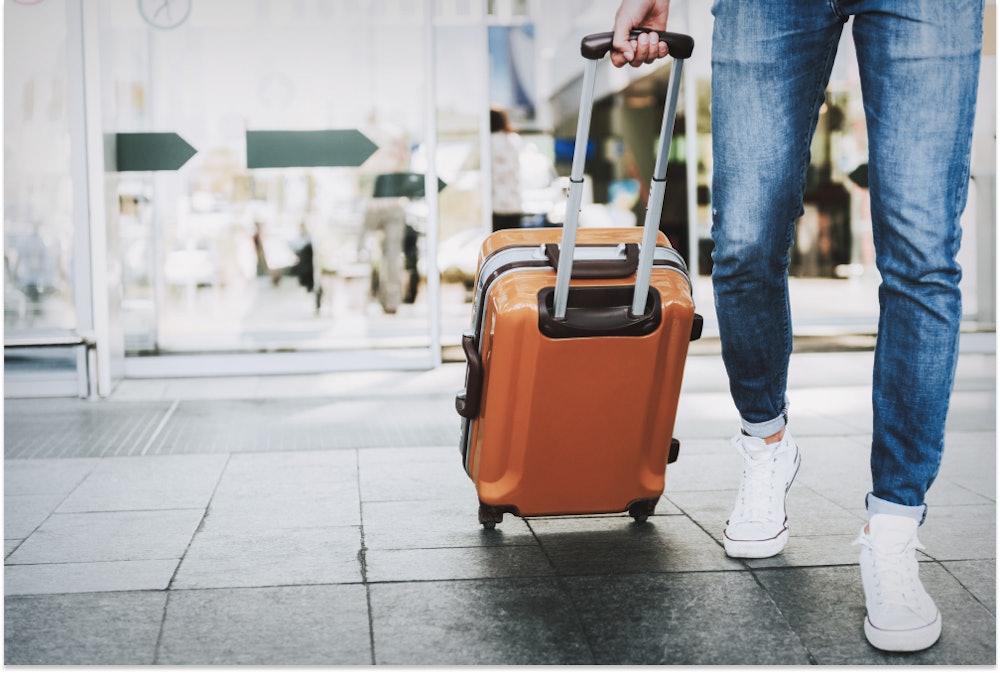
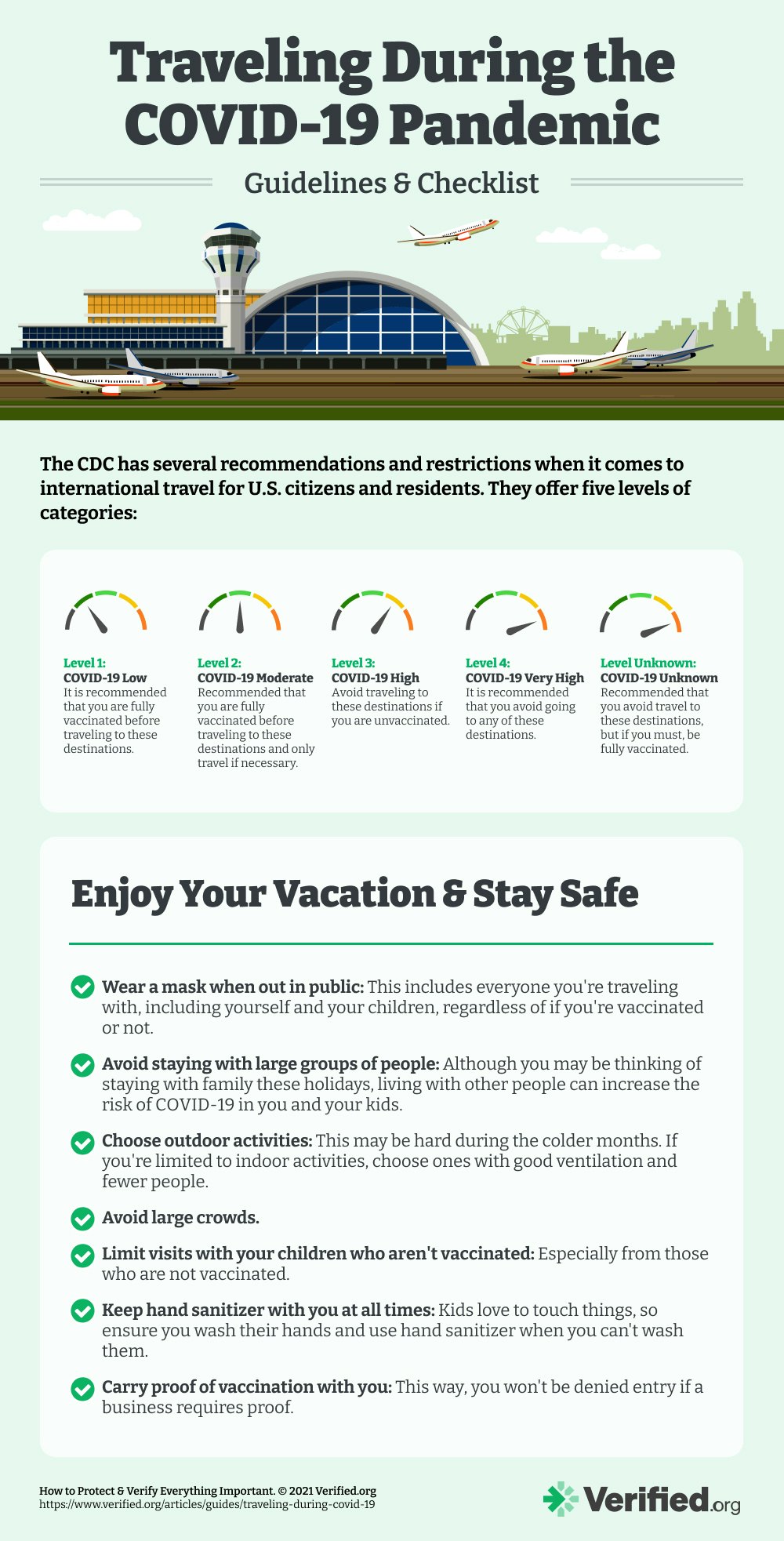
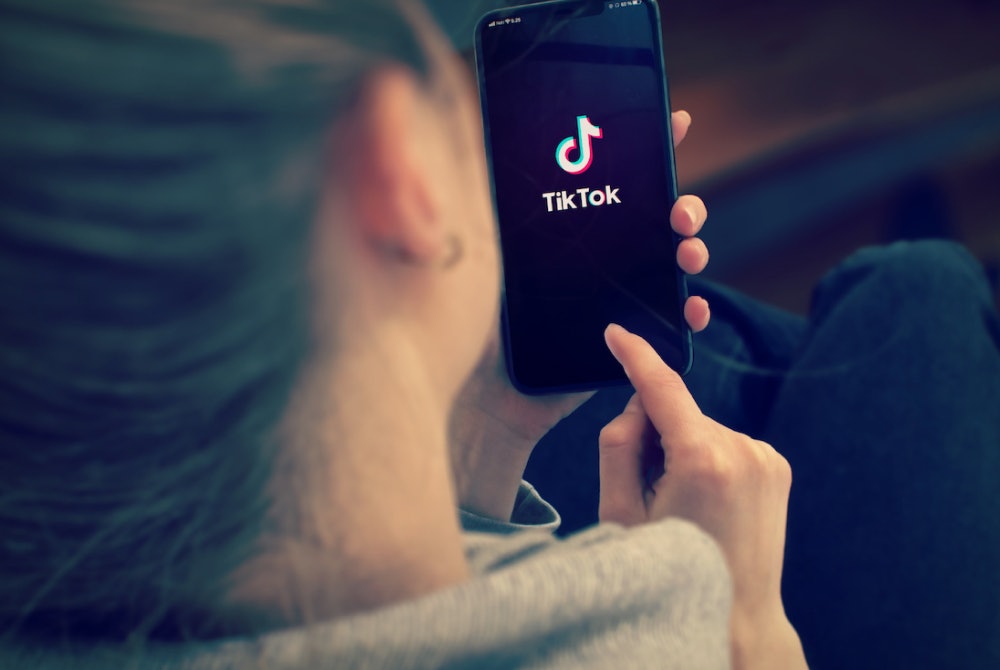
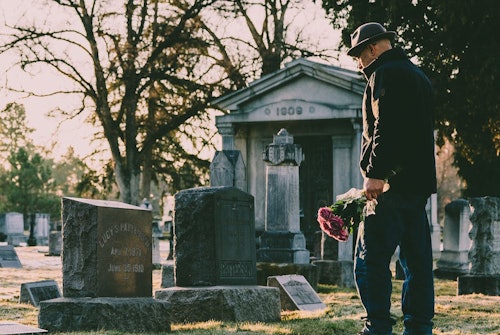






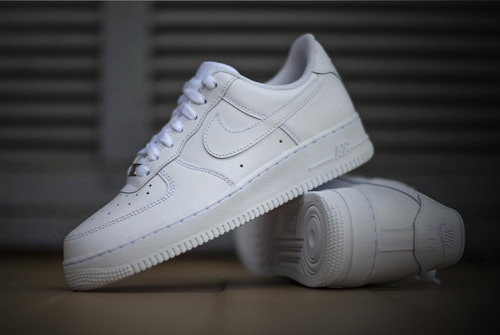
Comments